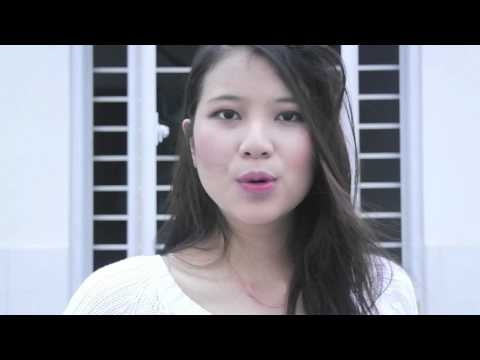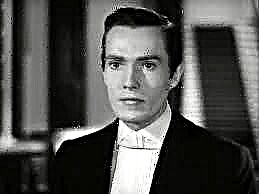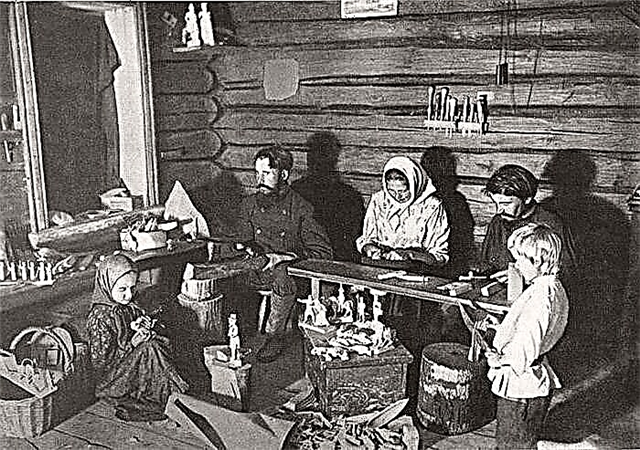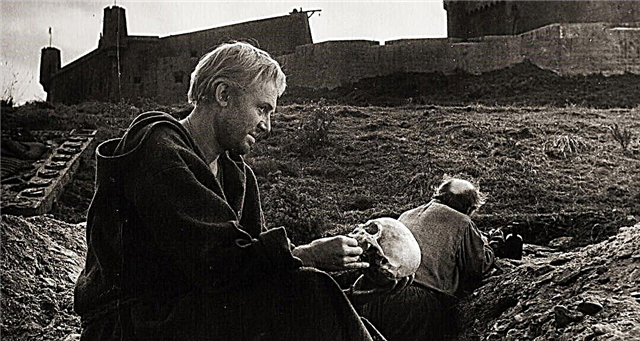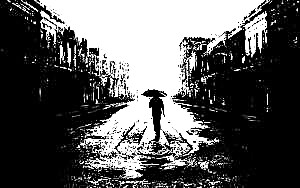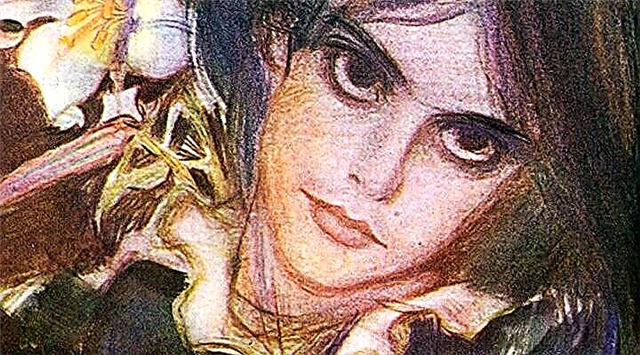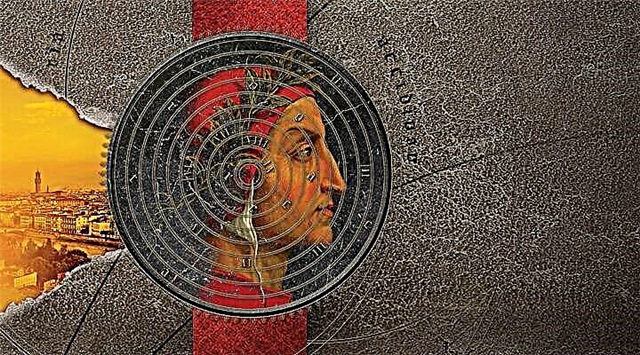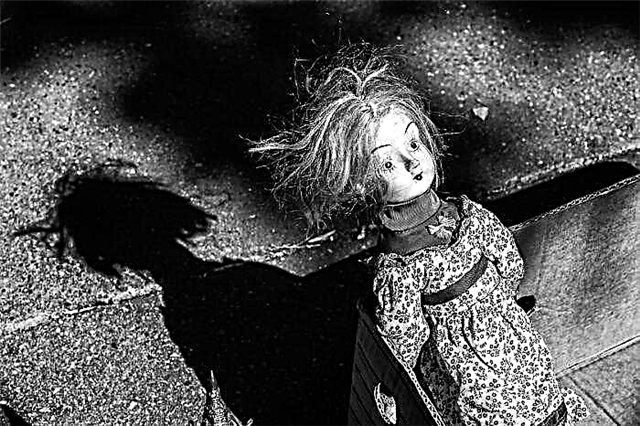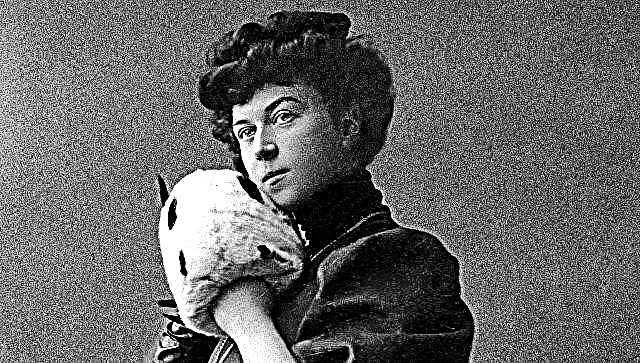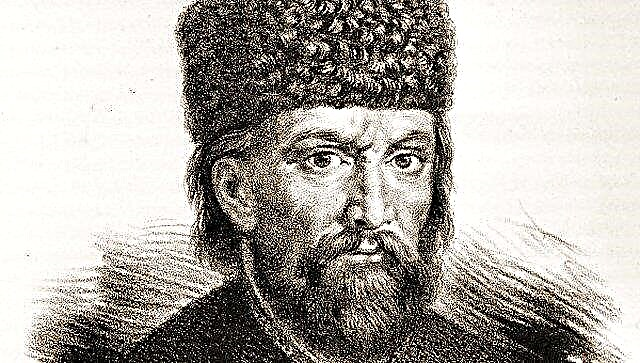The beginning of June. Ivlev goes to the far end of his county. and Ivlev decides to call on the count, whose village is just along the road. An old man working near the village reports that only the young countess is at home, but Ivlev still calls in.
The countess in a pink hood, with open powdered breasts smokes, often straightening her hair and exposing her tight and round arms to the shoulders. She reduces all conversations to love and, by the way, talks about her neighbor, the landowner Khvoshchinsky, who died this winter and was all his life obsessed with love for his maid Lushka, who died in her early youth.
Ivlev goes further, thinks that the man was the landowner Khvoshchinsky, and wants to look "at the empty sanctuary of the mysterious Lushka." According to the stories of old landowners, Khvoshchinsky once had a reputation in the district for a rare clever girl, but fell in love - and everything went to dust. He shut himself up in the room where Lushka lived and died, and sat for more than twenty years on her bed ...
It is evening, Hvoshchinsky is shown behind the forest. On the gloomy porch of the estate, Ivlev notices a pretty young man in a gymnasium blouse. Ivlev justifies his arrival with a desire to see and, possibly, buy the library of the late master. A young man leads him into the house, and Ivlev guesses - he is the son of the famous Lushka.
The young man answers hastily but monosyllabic questions. He is terribly happy about the opportunity to sell books expensively. Through a dark canopy and a large front hall, he leads Ivlev to a cold room, which occupies almost half of the house. On a dark ancient image in a silver robe are wedding candles. The young man says that "father bought them after her death ... and even always wore a wedding ring ...".
From the hall they go to a gloomy room with a couch, and the young man hardly unlocks a low door. Ivlev sees the closet through two windows; one wall has a bare bunk, and the other has a library in two bookcases.
Ivlev discovers that the library is composed of very strange books. Mystical novels and dream books are what the lonely reclusive soul fed on. On the middle shelf, Ivlev finds a very small booklet, similar to a prayer book, and a darkened casket with the necklace of the late Luska - a thread of cheap blue beads.
When looking at this necklace, lying on the neck of the once so beloved woman, Ivlev takes possession of excitement. He carefully puts the box in place and takes it by the book. It turns out to be a charmingly published almost a hundred years ago “Grammar of Love, or the Art of Loving and Mutually Loved”. The young man considers her the most expensive book in the library.
Ivlev slowly leafs through Grammar. It is divided into small chapters: “About beauty”, “About heart”, “About mind”, “About signs of love” ... Each chapter consists of short and graceful maxims, some of which are delicately marked with a pen.Then comes the "exposition of the language of flowers," and again something is noted. And on a clean page at the very end, the quatrain is written finely, beaded with the same pen. The young man explains with a grin: "They composed it themselves ...".
After half an hour, Ivlev with relief says goodbye to him. Of all the books, he buys only this little book for a lot of money. On the way back, the coachman says that the young Khvoshchinsky lives with the wife of the deacon, but Ivlev does not listen. He thinks about Lushka, about her necklace, which left him with a complex feeling, similar to what he had experienced in an Italian town when looking at the relics of the saint. “She entered forever into my life!” - Ivlev thinks and re-reads the verses written with a pen on the blank page “Grammar of Love”: “The hearts of those who love you will say:“ Live in the traditions of the sweet! ”. And grandchildren, great-grandchildren will be shown this Grammar of Love. ”

